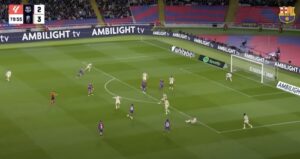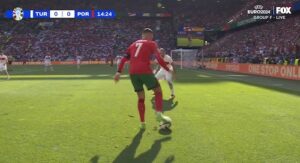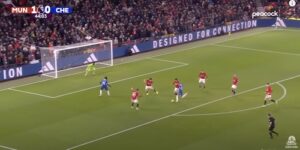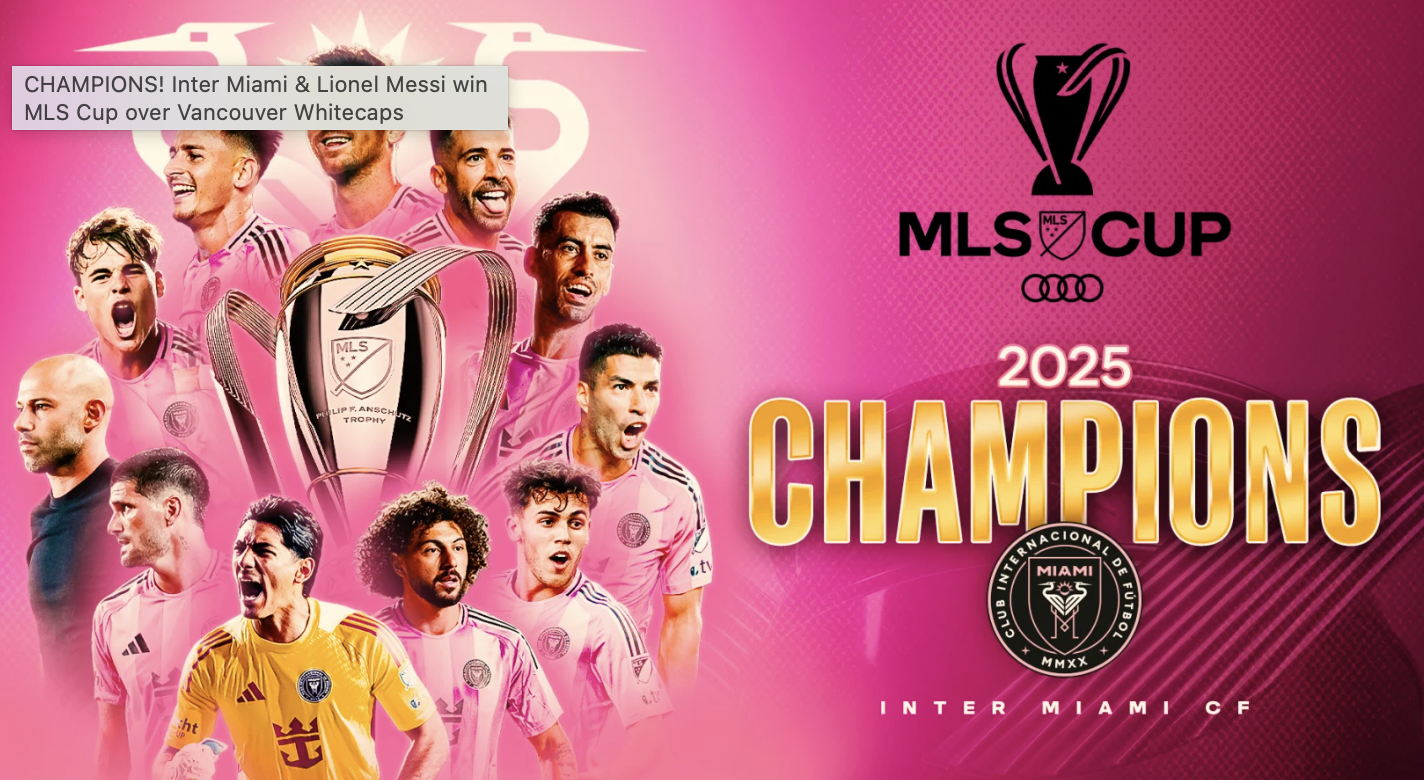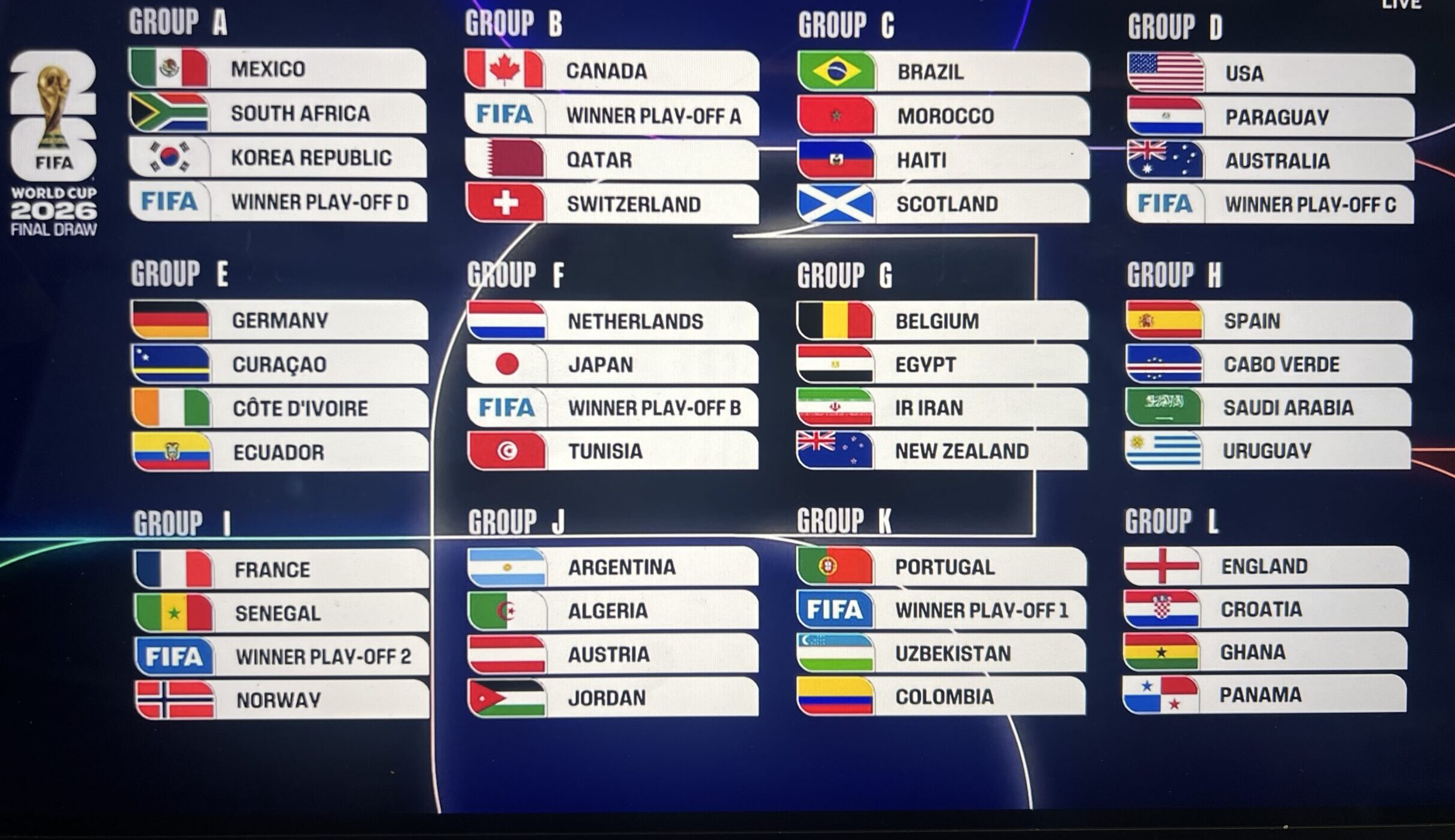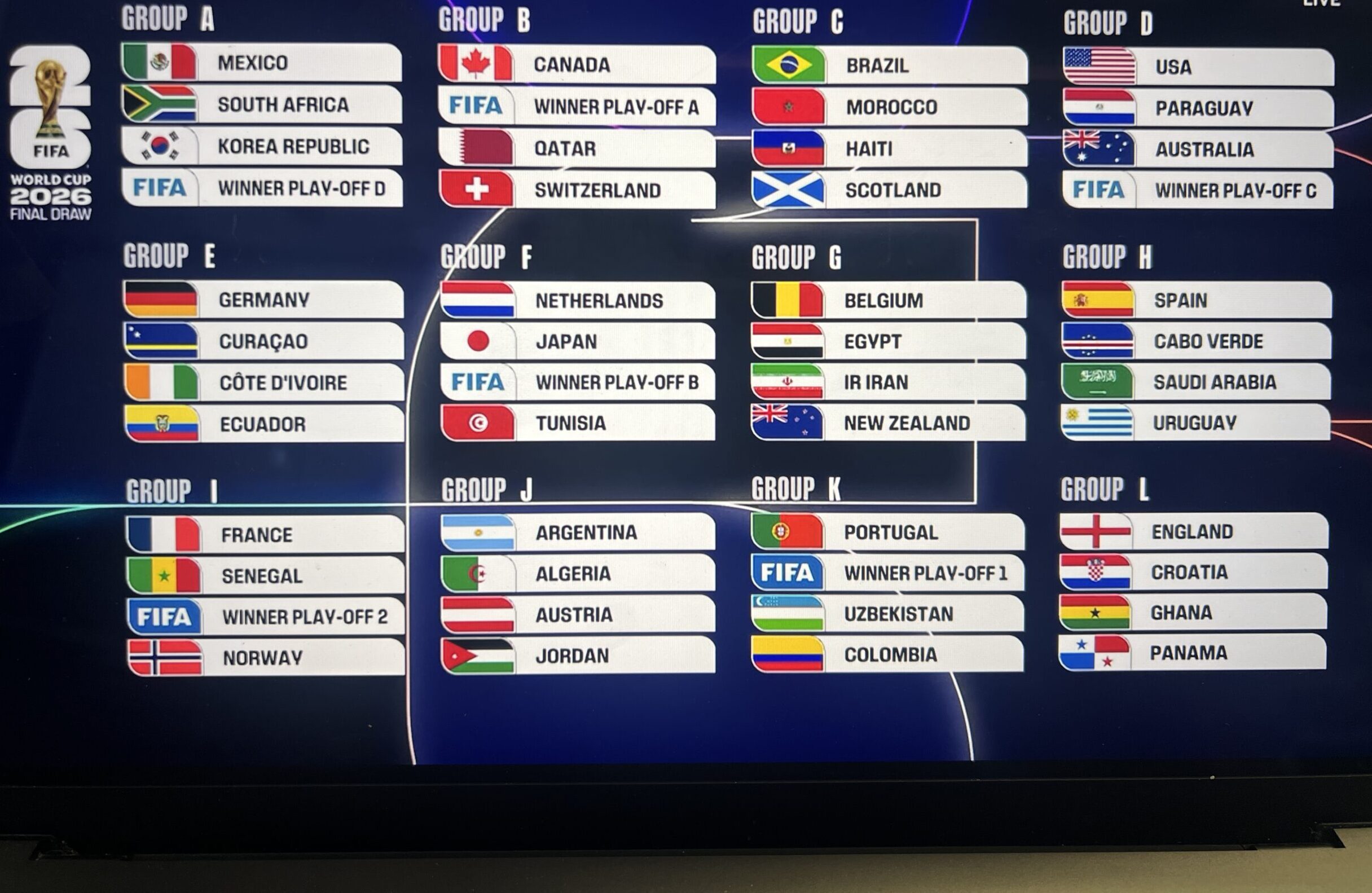By Tom Sheldrick
I was in Las Vegas, in one of the bars on the ground floor of the MGM Grand. (This is a true story, even if it doesn’t have much of a punchline.) I caught sight of a television, and saw my team, Chelsea, playing in a run-of-the-mill Champions League group game against Atletico Madrid.
And I was very proud of us, all of a sudden. We’d played – and beaten – Juventus, Bayern Munich and Barcelona in the few years before that. And yet, in this forgettable encounter that we eventually won 4-0, with Salomon Kalou scoring twice and a last-minute own goal (yes, that kind of game), I was reminded that my team had come an awful long way. Maybe it was the being away from home that did it for me, in the same way that you never notice a member of your family changing when you see them every day.
I supported Chelsea because my dad did, and he supported Chelsea because they were good when he was 11, winning the European Cup Winners’ Cup in 1971. I vaguely remember us losing to ‘Man U’ in the 1994 FA Cup Final. I remember Glenn Hoddle going off to coach England, and Ruud Gullit taking over.
As a kid, I used to listen to midweek evening games on the radio, secretly, and – not so secretly – write stories about great comeback triumphs. We always seemed to finish about eleventh in the league, never in danger of relegation but never winning three games in a row either. The first games I was taken along to at Stamford Bridge always seemed to be 1-1 draws. My first Chelsea shirt had the name ‘Spencer 7’ on the back.
The man who now coaches the Portland Timbers was once a good little second striker. Then there was the time that, too impatient to wait a few days before the shop stocked up on outfield players’ shirts, I got a yellow (the 90s were awful for paint-scattergun kits) goalkeeping jersey, a replica of that worn by moustached Dutchman Ed de Goey at the time. I joined a local junior team soon after – and it took a good few weeks for them to establish that I didn’t want to play in goal.
In between all of this came Roberto di Matteo’s goal after 42 seconds in the 1997 FA Cup Final, when my mum needed convincing that the game had actually started before she’d believe that we’d scored. We’d got to the final thanks to a stirring 4-2 comeback in the fourth round against Liverpool. The following year, another Italian settled a final in similarly rapid fashion, Gianfranco Zola coming off the bench to score the winner against Stuttgart and secure the 1998 European Cup Winners’ Cup. Everything the little magician did during seven years at Stamford Bridge lives in the memory.
By the time he left in the summer of 2003, we’d won another cup, and fielded a team for a league game containing no British players. Continued investment from chairman Ken Bates made us serial top-six contenders, and we were regulars in the top European competition – the Champions League. And then Roman Abramovich arrived, and changed everything again.
The Russian billionaire has spent more than £700 million on the club in eight years. They’ve been the most successful in Chelsea’s history. The club was founded in 1905, won its first league title in 1955, and its second in 2005. Further Premier League triumphs followed in 2006 and 2010, while three more FA Cups have also been added to the collection. Consistency has meant less empathy from neutrals; all Chelsea fans will have felt the scorn in accusations of “buying” the title, or having “no history.” We’ve always been the ‘new money’ from London’s famous King’s Road.
Has it meant any less to have achieved success with the owner’s billions?
I don’t know; I don’t have another way to compare it to. But you do start to take winning for granted, and keep expecting and demanding it. As for Abramovich, I still don’t know how I feel about him. You watch him celebrate a goal, or agonise over a near-miss, in the stands and, aside from finding him pretty amusing, you realise he cares immensely about the club. Yet, in his ambition to achieve the holy grail of Champions League glory, he might just have removed some of its heart. He’s certainly removed some very good men, ruthlessly and often humiliatingly, firing coaches Claudio Ranieri, Avram Grant, (assistant) Ray Wilkins and, most recently, Carlo Ancelotti.
The new man in the dugout next season will be 33-year-old André Villas-Boas, a Portuguese who was at the club as an opposition scout under his countryman José Mourinho. Parallels between the two confident young men are abundant. Even while Villas-Boas preferred to call himself ‘The Group One’ as a contrast to Mourinho’s ‘Special One’ tag, testimonies to his approach highlight a togetherness fostered between players, similar to the brotherly relationship Mourinho created amongst himself and key comrades such as John Terry and Frank Lampard. If reports are to be believed, Villas-Boas is determined to impose stronger discipline on the squad, to fight back against the indulgent culture of recent years. For all of their ability on the pitch, Ashley Cole and co. are hardly likeable individuals. But the new boss sees it differently: “we want them to triumph as people and as social role models.”
If he’s set himself an ambitious target there, then he’s just preparing himself for the standards Abramovich will continue to demand. He wants European success, and fast. The hope I have is that, in installing a young manager, who’s now hired – in Roberto di Matteo – a man with a bit of the old-style Chelsea in him as his assistant, we can build some kind of lasting stability. That and a closer empathy between the club, its players and its fans, even if that does mean some more ups and downs.
Tom Sheldrick is a freelance writer and can be reached at: tms301087@hotmail.com

